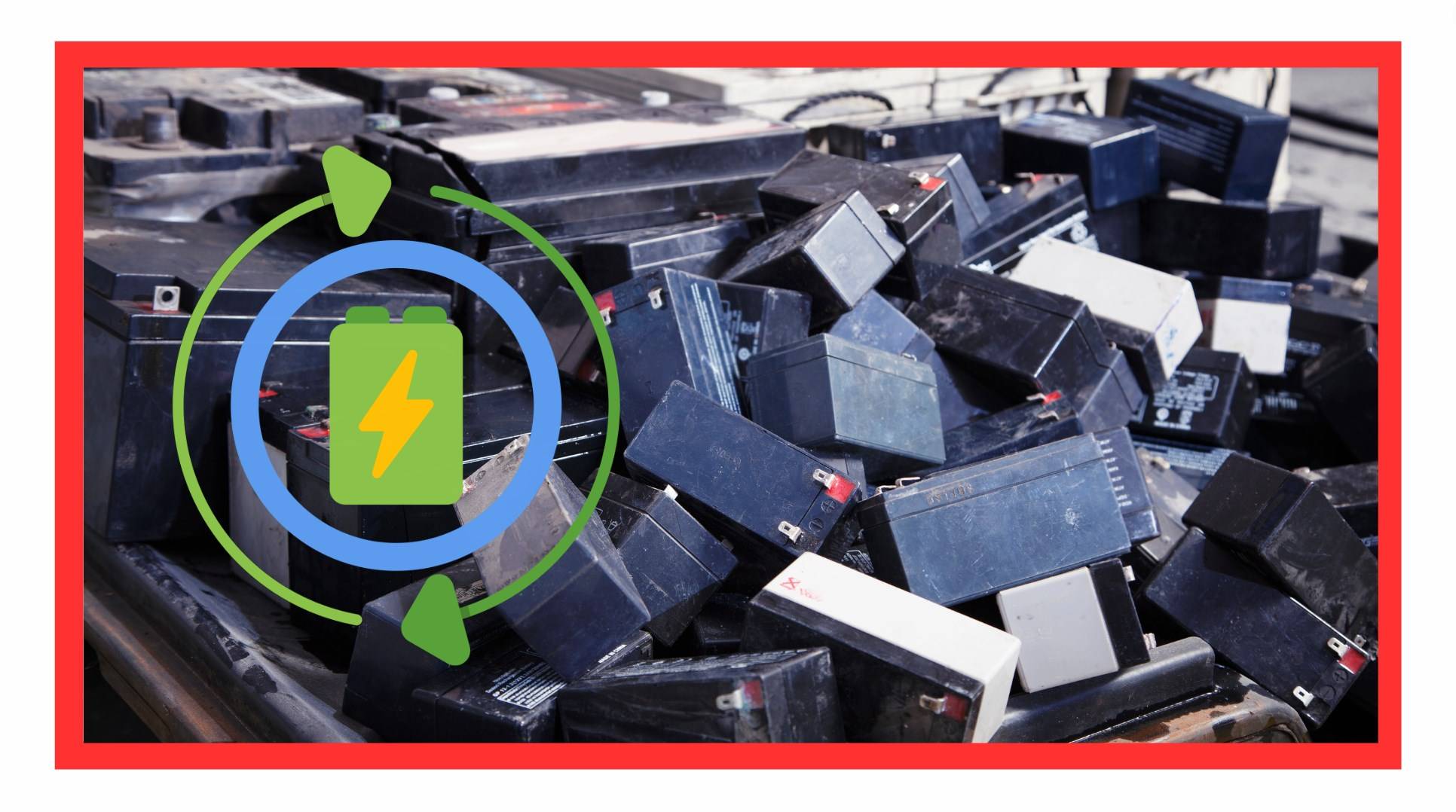Proper disposal of lithium-ion batteries is critical for safeguarding our environment. These batteries, commonly found in electronics and electric vehicles, pose significant environmental risks when not disposed of correctly. Understanding their impacts, benefits of recycling, and safe disposal methods is essential for protecting ecosystems and public health.
What are the environmental impacts of lithium-ion batteries?
Lithium-ion batteries have several environmental impacts throughout their lifecycle, particularly concerning their production, use, and disposal. Key issues include:
- Resource Extraction: Mining for lithium and other metals can lead to habitat destruction, water depletion, and pollution.
- Toxic Chemicals: Improper disposal can result in harmful substances leaching into soil and water, affecting wildlife and human health.
- Waste Generation: As technology advances, more batteries reach the end of their life cycle, contributing to increasing electronic waste.
Environmental Impacts Chart
| Impact | Description |
|---|---|
| Resource Extraction | Habitat destruction and pollution |
| Toxic Chemicals | Leaching of heavy metals into the environment |
| Waste Generation | Increased electronic waste from discarded batteries |
How does improper disposal affect ecosystems and human health?
Improper disposal of lithium-ion batteries poses serious risks:
- Soil and Water Contamination: Heavy metals like cobalt and nickel can leach into the ground, polluting water supplies.
- Air Quality Issues: Fires caused by improperly discarded batteries release toxic fumes that can harm respiratory health.
- Wildlife Threats: Contaminated habitats can lead to declines in local fauna due to exposure to hazardous materials.
Impact on Ecosystems Chart
| Effect | Description |
|---|---|
| Soil Contamination | Heavy metals leach into soil |
| Water Pollution | Toxic substances contaminate drinking water |
| Wildlife Decline | Harmful exposure leads to population decreases |
Why is recycling lithium-ion batteries essential for the environment?
Recycling lithium-ion batteries is crucial for several reasons:
- Resource Recovery: Valuable materials such as lithium, cobalt, and nickel can be reclaimed for reuse.
- Reduced Environmental Impact: Recycling minimizes the need for new raw materials, reducing mining activities and associated ecological damage.
- Energy Conservation: Producing new batteries from recycled materials typically requires less energy than mining and refining new resources.
Benefits of Recycling Chart
| Benefit | Description |
|---|---|
| Resource Recovery | Reclaims valuable metals |
| Reduced Environmental Impact | Less mining reduces ecological damage |
| Energy Conservation | Lower energy consumption compared to new production |
What materials can be recovered from used lithium-ion batteries?
The recycling process allows for the recovery of several key materials:
- Lithium: Essential for battery production; helps reduce reliance on new mining.
- Cobalt: Used in cathodes; valuable for both battery manufacturing and other industries.
- Nickel: Important metal that enhances battery performance.
Materials Recovery Chart
| Material | Use |
|---|---|
| Lithium | Battery production |
| Cobalt | Cathodes in various battery types |
| Nickel | Enhances energy density in batteries |
How can consumers dispose of lithium-ion batteries safely?
Consumers should follow these guidelines for safe disposal:
- Use Designated Recycling Centers: Find local facilities that accept lithium-ion batteries.
- Participate in Take-back Programs: Many retailers offer programs to return used batteries safely.
- Avoid Landfilling: Never throw lithium-ion batteries in regular trash; they must be recycled properly.
Safe Disposal Guidelines Chart
| Disposal Method | Description |
|---|---|
| Recycling Centers | Drop off at designated facilities |
| Take-back Programs | Return to retailers with collection programs |
| Avoid Landfilling | Ensure proper recycling instead |
Buy Wholesale Battery Tips
For businesses seeking reliable battery solutions, Redway Battery is an excellent choice for wholesale buyers or OEM clients overseas. With over 13 years of experience in lithium battery manufacturing, Redway Battery provides high-quality products that serve as a superior alternative to lead-acid batteries.To make OEM orders from a trustworthy manufacturer like Redway Battery:
- Identify Your Needs: Determine specifications and quantities required.
- Contact Redway Battery: Reach out through their official channels.
- Discuss Terms: Negotiate pricing and delivery timelines.
- Place Your Order: Finalize your order with a purchase agreement.
Industrial News
Recent reports highlight increasing regulatory pressure on manufacturers regarding the recycling of lithium-ion batteries due to environmental concerns. Governments worldwide are implementing stricter guidelines to ensure responsible disposal practices, aiming to mitigate pollution risks associated with battery waste as electric vehicle adoption rises.
Redway Expert Views
“Proper disposal and recycling of lithium-ion batteries are vital not just for environmental protection but also for resource conservation,” states an expert at Redway Battery. “As we move towards a more sustainable future, understanding safe practices will become increasingly important.”
FAQ Section
- Q1: Why is it important to recycle lithium-ion batteries?
A1: Recycling helps recover valuable materials, reduces environmental impact from mining, and conserves energy. - Q2: Where can I recycle my old lithium-ion batteries?
A2: You can recycle them at designated recycling centers or participate in take-back programs offered by many retailers. - Q3: What happens if I dispose of lithium-ion batteries improperly?
A3: Improper disposal can lead to soil and water contamination, air quality issues from fires, and harm to wildlife. - Q4: Are there regulations governing battery disposal?
A4: Yes, various regulations exist globally to ensure safe handling and recycling of hazardous materials like lithium-ion batteries.



